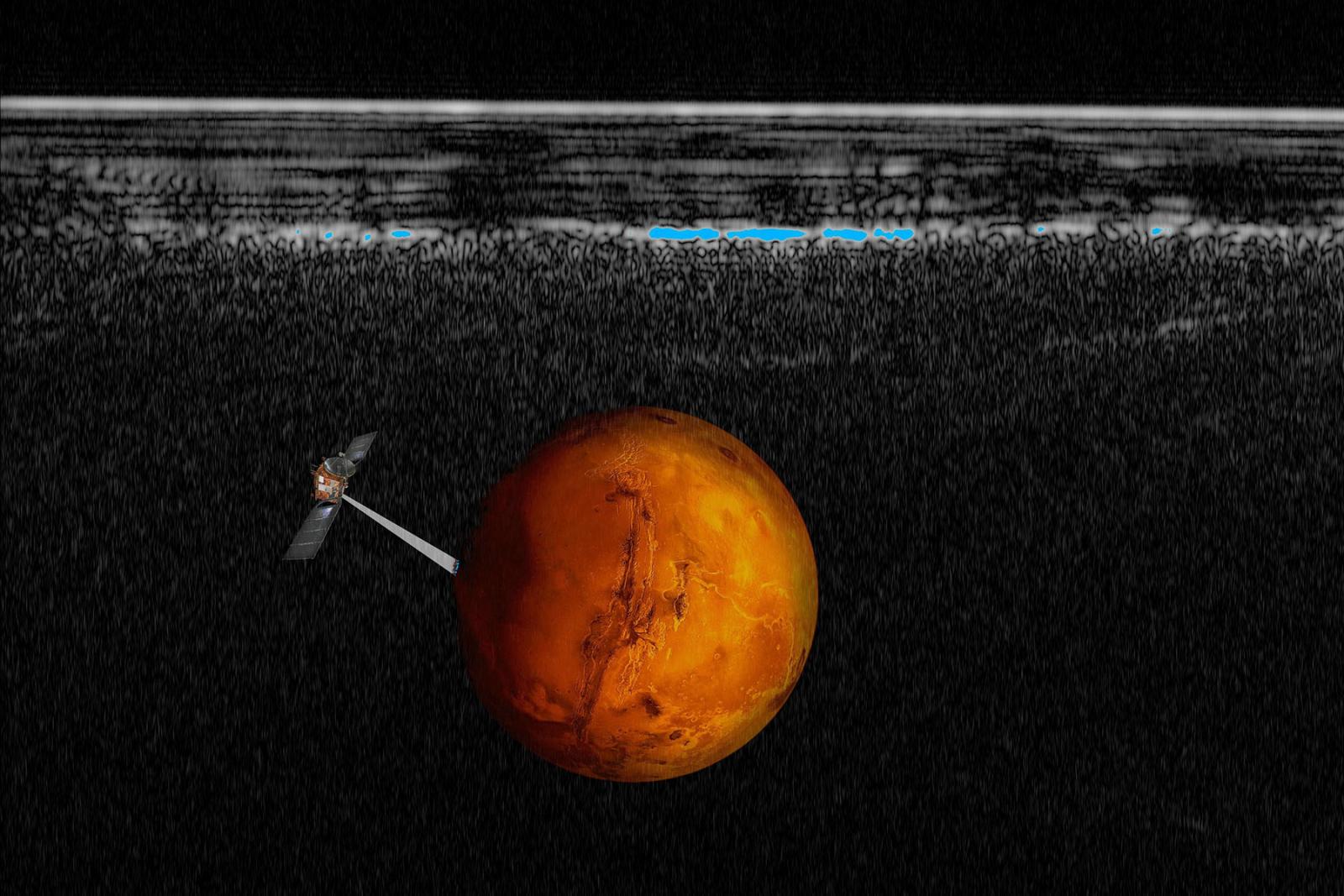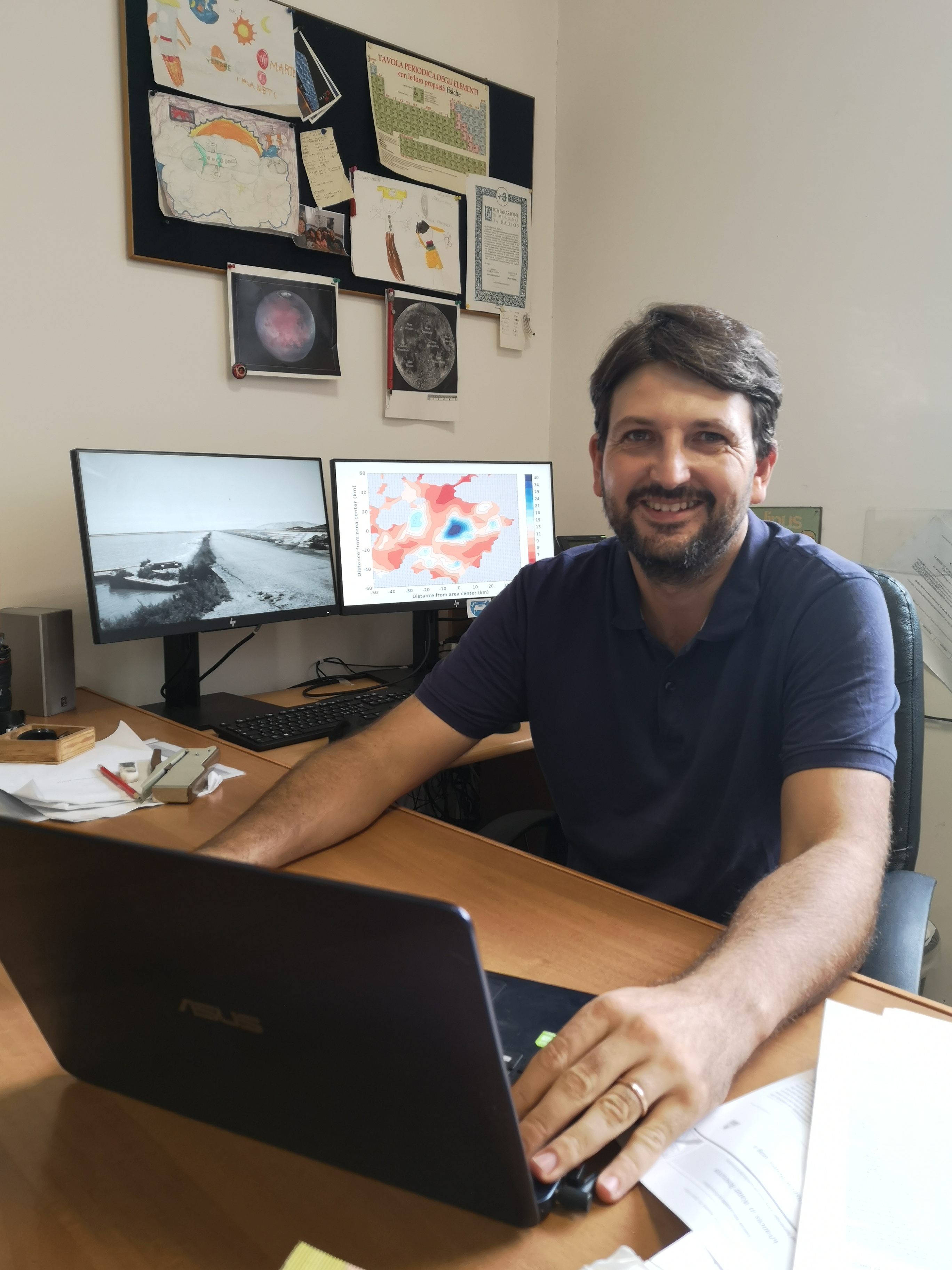Watch: Jan. 27 Prof.Sebastian Emanuel Lauro: In search for liquid water on Mars with orbiter radar sounder | Space Science Bazaar
On 27 January 2022, Prof. Sebastian Emanuel Lauro gave an online seminar on In search for liquid water on Mars with orbiter radar sounder. The lecture was organized in the context of the ISSI-BJ "Space Science Bazaar" series that young scientists present their work within International Team Program of ISSI-BJ.
27 January 2022
4 pm GMT+8

In 2018 a team of Italian scientists announced on “Science” that there was a lake of liquid water on Mars, located about 1.5 km deep under the ice and dust of the south polar cap (https://science.sciencemag.org/content/361/6401/490). The team had analysed data acquired by MARSIS over the southern polar plains, detecting a very bright area, approximately 20 km across. That study left several questions unanswered: was this the only subglacial lake on Mars? How is it possible for liquid water to exist in the extreme cold conditions of the martian south polar region?
In 2020 on “Nature Astronomy” a new paper (https://www.nature.com/articles/s41550-020-1200-6) announced a system of subglacial lakes on Mars, using a new method of analysis of the complete MARSIS dataset, based on signal processing procedures usually applied to terrestrial polar ice sheets. The authors suggested that the waters are hypersaline perchlorate brines, known to form at Martian polar regions and shown to survive for geologically significant periods of time at temperatures well below the freezing point of water. Showing that subglacial liquid water may be ubiquitous is extremely important, because this forces us to consider global processes of formation and stabilization of the liquid water. These processes are essential pieces of the puzzle we must complete in order to understand the evolution of the climate of Mars, and to get definitive answers about the habitability potential of Mars. In this webinar we will discuss these results together with the thecnical aspects regarding the MARSIS instrument, data interpretation and the conditions under which liquid water can exist on Mars.
About Prof. Sebastian Emanuel Lauro,

